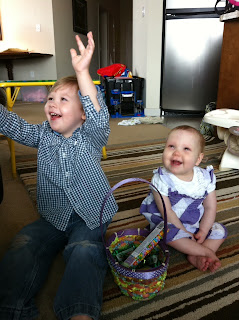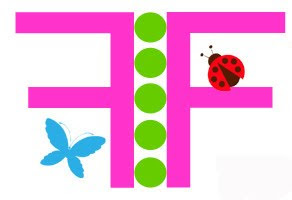Yesterday Wrenn visited the Immunologist. The doctor said that Wrenn’s levels are great and felt that the only reason her immune numbers were so low previously was because she was so sick going into transplant and had a really rough/long recovery. The good news is that she doesn’t need any more monthly infusions and doesn’t need to be seen again by the Immunologist until September. Thankfully, Wrenn’s still heading in the right direction and we’re happy to see the bumps only in the rear-view mirror.
I’ll admit, there were days I thought we were going to have the discussion of where our limits were with Wrenn’s care as we neared the end and I’m glad the new lungs arrived ‘just in time.’ Things could have turned another corner at any given moment. I was thankful Dr. Rosenbaum was involved and that she cared so much about Wrenn’s well-being, but also made sure we were all on the same page. My biggest concern was that Wrenn wasn’t suffering.
Working so closely with Dr. Rosenbaum we formed a bond of mutual trust, which didn’t happen overnight. But as we built our relationship she asked if I would one day be interested in speaking to her first year medical students to share our story. At the time (back in mid-August) I remember thinking, “Oh my God, I’ll never get through it!” But then I figured as time passed and things got less crazy I’d have no problem sharing Wrenn’s story. Immediately I was on board!
Well….Sometimes tasks sound so much easier than they really are. Over the last twelve months I’ve shared my story with several doctors, nurses, friends and new acquaintances and there’s one thing that’s always consistent; when I begin talking about how it all started, I get choked up. EVERY TIME! It’s starting at the beginning that’s the hardest and I don’t know why, especially since things have turned out, as I wrote in my previous entry, ‘perfect.’ (As perfect as life can be under the circumstances.)
I imagine my reaction is similar to how some people have reacted tp the death of a loved one. At the funeral there are no tears and then a couple of days later, it hits them like a ton of bricks. I believe this is what happened to me. I guarded myself for the ‘what if’s’ and now I feel most vulnerable when telling her story. To be honest, I don’t think I’ll ever be able to tell Wrenn’s story without shedding tears. Those first few weeks were the most painful and as I’ve said many, many times, I hate going back. Mentally it’s so painful. I lived it! I don’t want to relive it. So why did I put myself through a speaking engagement? I want to—need to somehow give back. I have a wealth of knowledge and feel I can pass that on to others in whatever capacity it might be. They will understand how a husband, a wife and a sibling got through it all.
As I spoke to the students about Wrenn’s initial diagnosis I asked them if they’d ever known anybody who needed or had a transplant. They all said no. I then realized that there was no way in a million years I’d ever be able to explain to these first year medical students what’s entailed in receiving a double lung transplant; at least not in ninety minutes. Transplant in itself is complex. It’s life changing. It’s not a cure. It’s expensive. It’s unknown. Statistically, it’s not favorable. Yet, it’s an opportunity. And all of it is a leap of faith.
I did my best. I gave Cliff Notes but to be honest, the two-hour visit felt very unfinished. I didn’t feel like I gave it my all. I didn’t feel prepared. I didn’t feel like they totally understood; how could they? I went through it and I can barely grasp the reality of our situation. I then thought back to those first few breaths when I froze with tears and realized that my emotions probably said it best. It was hard and still is.














